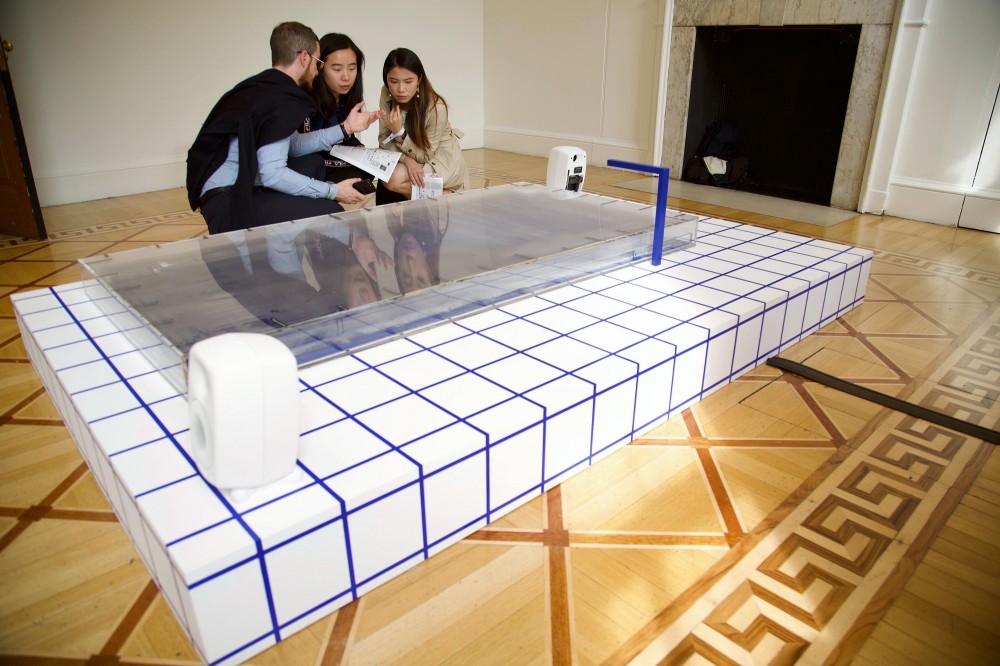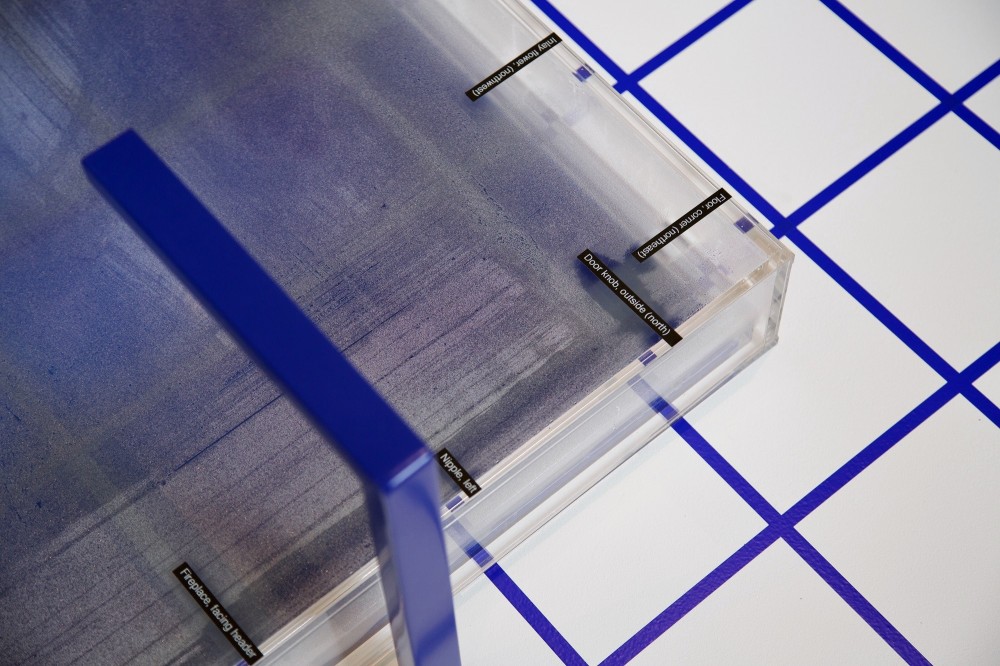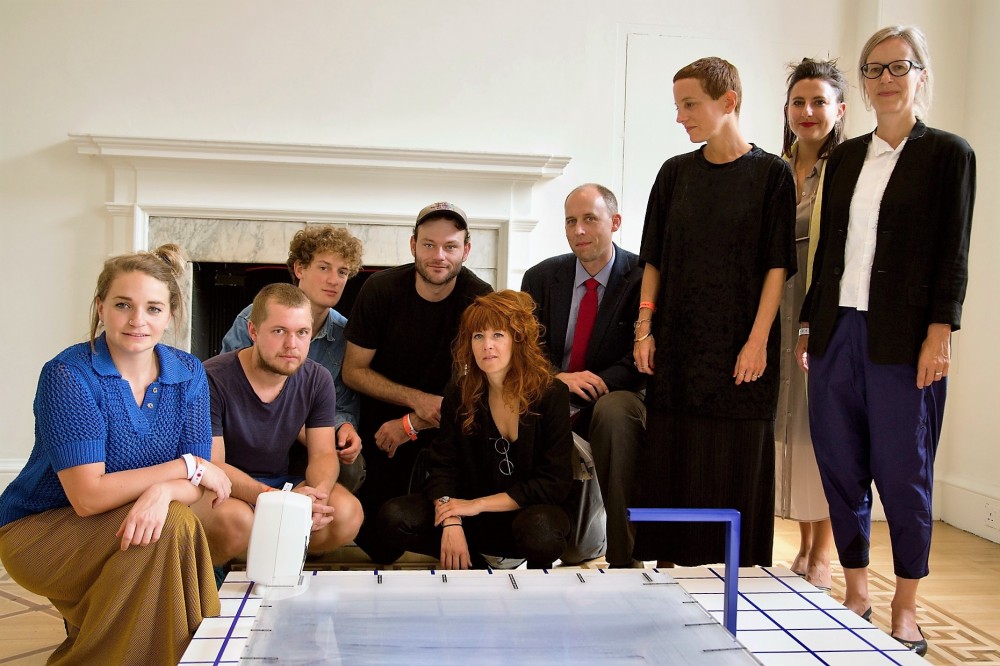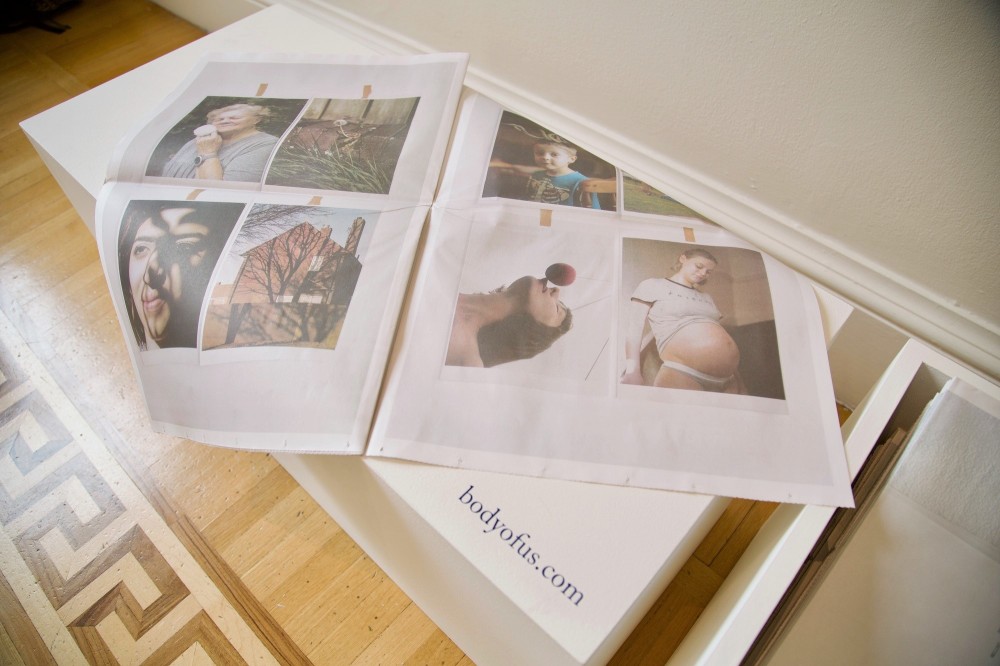LONDON DESIGN BIENNALE_ SWITZERLAND: BODY OF US
4th September 2018
23rd September 2018
Friendship is a messy thing. It can’t be neatly contained. It’s open-ended and in constant flux, as are the emotions it generates. And yet today, this foundational web of human culture is being degraded to something superficial, one-dimensional and even just transactional.
A friend is more than someone to goof out with or swipe right on. Civic friendship, for example, isn’t about intimacy at all; instead it’s formed around collective values and common goals. Did you know that ‘freedom’ and ‘friend’ share the same early Indo-European root, ‘fri’ or ‘pri’, meaning love? It’s this power and potential of friendship that ‘Body of Us’ puts into focus, showing how our experience is intricately linked to the friendly ties – or to the refusal to tie them – we have with those around us. These may be human or not, visible or invisible, technological or biological, known or unknown. We are inextricably linked and influenced by this multitude of forces.
“We, as humans, are not distinct entities going through life. Whether physically or mentally, we are formed through relating. We become, together, with and through others in an open-ended process”, says curator Rebekka Kiesewetter.
Which is why, on entering this Somerset House installation, visitors were faced with a vast plexi-glass petri dish cultivated with bio-samples taken from all the collaborators and the materials in the exhibition space itself. By looking at the relationship between humans and the environment on this micro scale, we see how bodies and space are constantly evolving and responding to each other in unforeseeable ways - the evolution of which has been broadcasted remotely via the website bodyofus.ch where images has been uploaded from the space at 30-minute intervals.
An audio piece also accompanied the work, comprising a series of short poetic, scientific and essayistic excerpts that draw connections between the bacteria we saw and the broader topic of friendship reimagined. A publication, also an integral part of the project, was available in the space and on the Body of Us website. It explored the diversity of friendship and its potential to offer up new ways to live, work and connect.
And this gave an indication of what Kiesewetter and her collaborators hope people would take away from the work “Who are ‘we’ when we talk about ‘us’?” She says, “If we talk about a ‘we’ we always talk about exclusion. There’s always a ‘them’, a ‘you’ – as alien or foreign – that does not belong. We want to make visitors think about their own relationships and about how to form other ‘wes’ that might promote ways of living together that can bring about greater social, economic and environmental equality.”
This approach is also reflected in the process of creating this work, which Kiesewetter and her collaborators describe as ‘an embodied experiment within the very topic it addresses.’ The collaborators resisted the usual ways of working together. Instead they sought to dissolve the usual structures and formalities and through lots of negotiation to eventually establish the specific conditions for their collaboration. ‘Body of Us’ tends to pose questions rather than propose answers, and encourages others to follow suit.
Visit the Swiss section on London Design Biennale 2018 website.
Contributors:
Jamie Allen, Paul Boshears, Morgan Brown, Julia Freyhoff, Bernhard Garnicnig, Corinne Gisel, Fabian Harb, Nina Jaeger, Rebekka Kiesewetter, Kaja Kusztra, Vanessa Lorenzo, Matthias Maurer, Raphaëlle Mueller, Nina Paim, Lukas Popp, Fabian Ritzi, Maximilian Thoman, Kirsty White
Installation: Lorenzo Mueller, Raeuber&Stehler and Kaja Kusztra
Publication: continent.
Design coordination & direction: common-interest
Production manager London: Kirsty White
Website: common-interest, Dinamo & Morgan Brown
Communication: MAY Concepts Ltd.
Curator: Rebekka Kiesewetter
Picture: Dan Patrick Hipkin
Initiated by the Swiss Arts Council Pro Helvetia in collaboration with Presence Switzerland and the Embassy of Switzerland UK
Supported by the Swiss Cultural Fund UK
With thanks to the Institute of Experimental Design and Media Cultures FHNW HGK Basel and the Stadtwerkstatt Basel for their hospitality.



